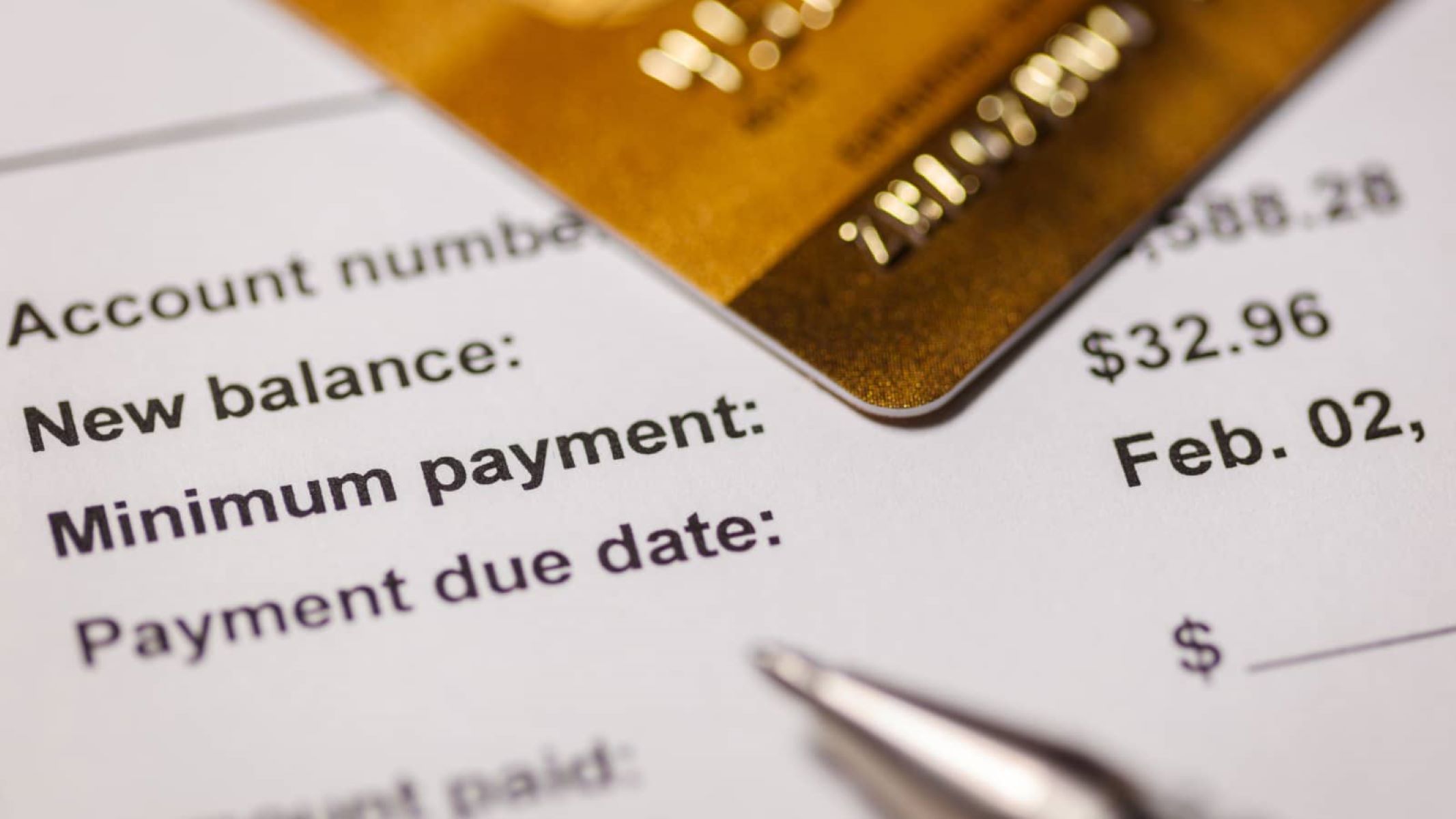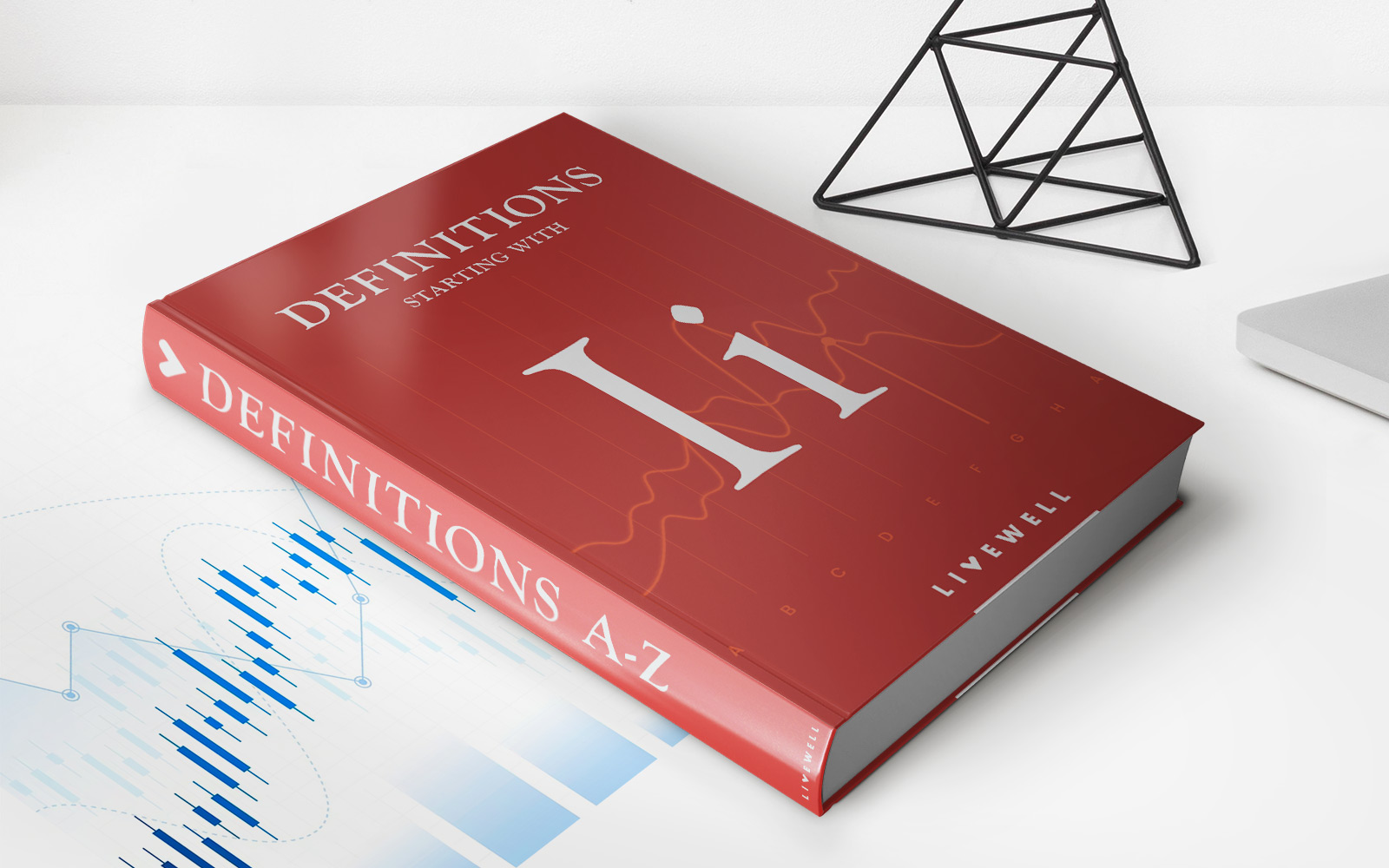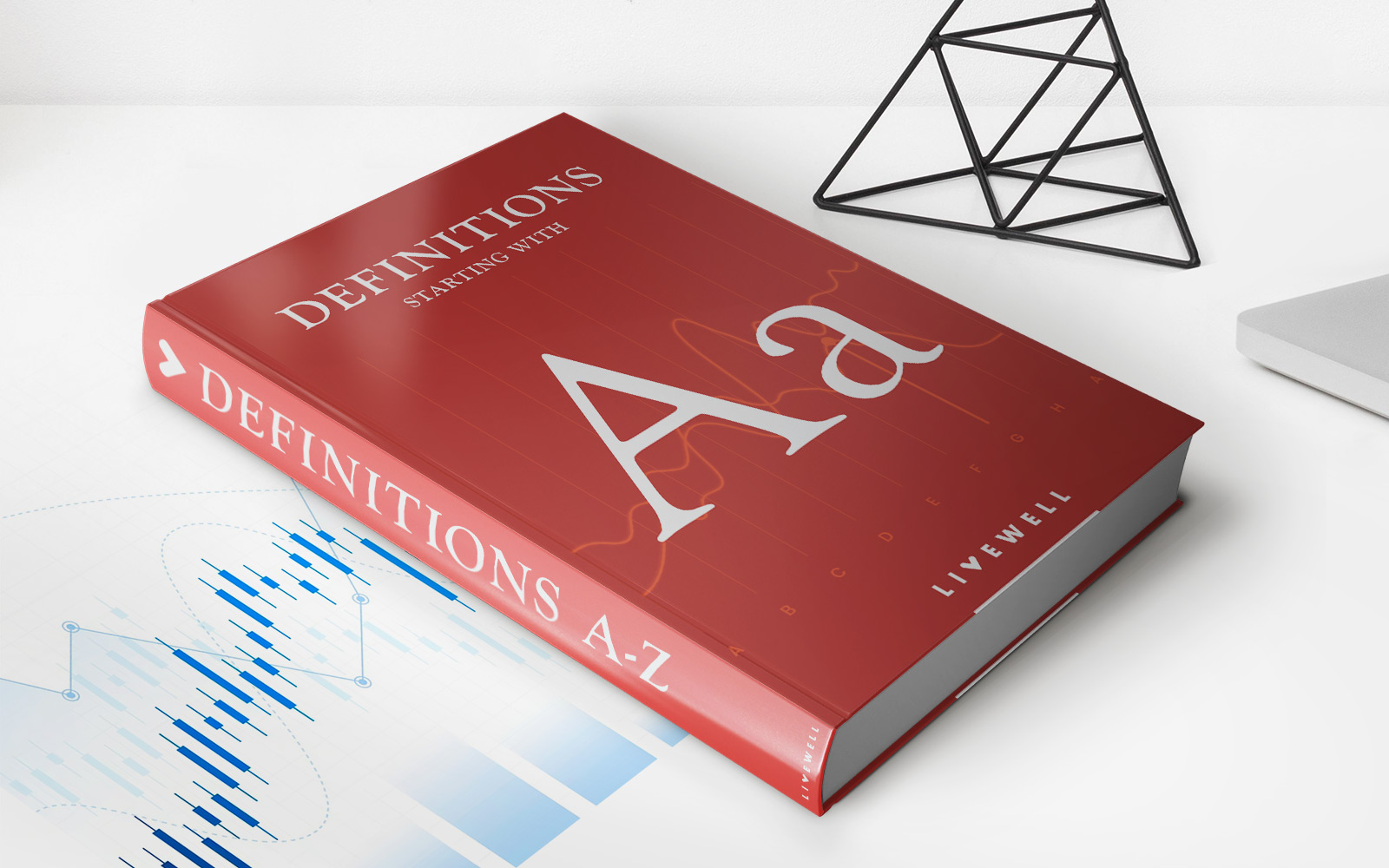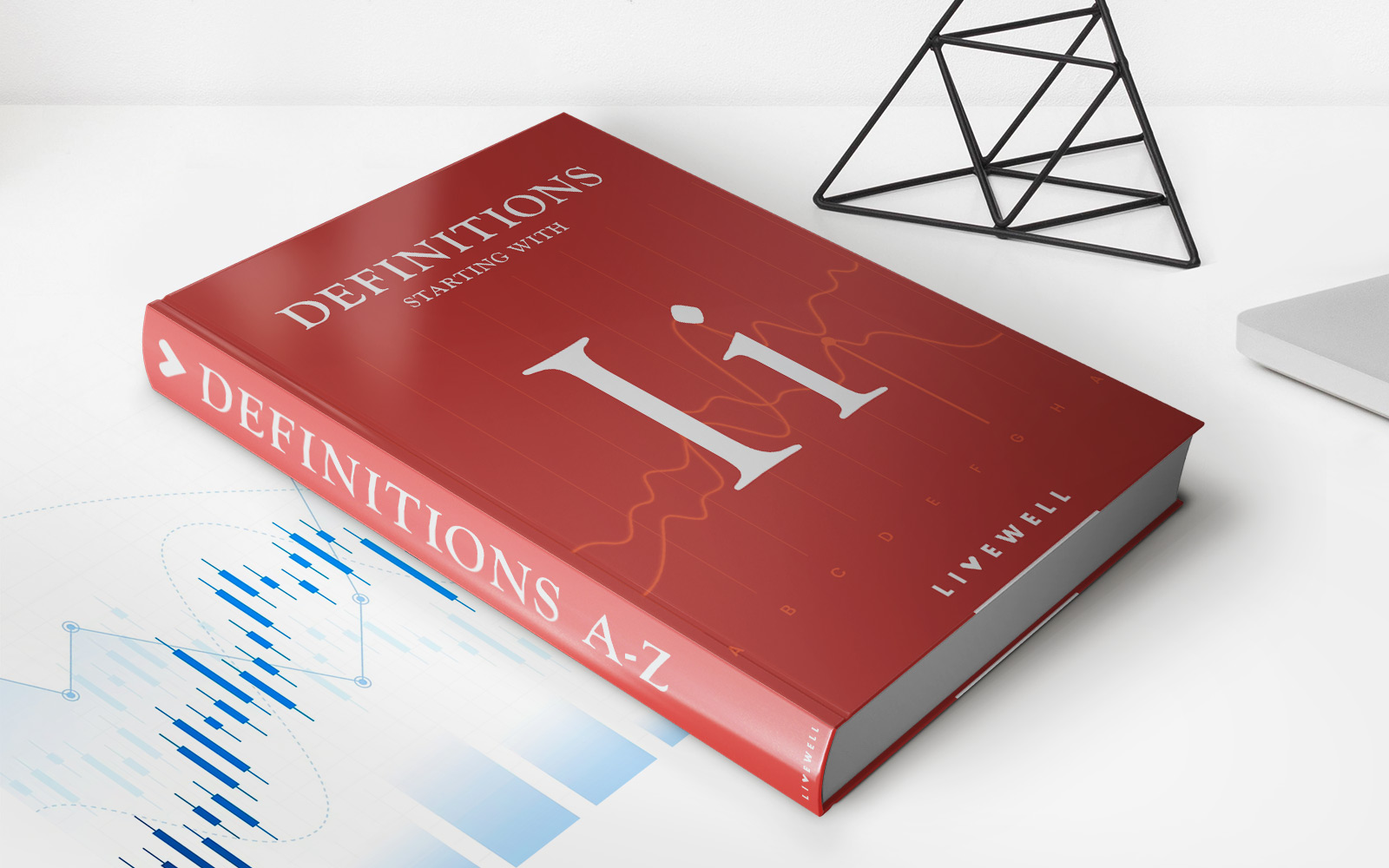Home>Finance>What Happens When A Credit Card Is Closed With A Balance


Finance
What Happens When A Credit Card Is Closed With A Balance
Modified: December 29, 2023
Discover what happens when you close a credit card with a balance. Learn about the financial implications and how to handle the situation effectively.
(Many of the links in this article redirect to a specific reviewed product. Your purchase of these products through affiliate links helps to generate commission for LiveWell, at no extra cost. Learn more)
Table of Contents
Introduction
When it comes to credit cards, understanding the consequences of certain actions is crucial. One such action is closing a credit card that still has a balance. While it might seem tempting to close the account and be done with it, there are important factors to consider before taking that step.
A closed credit card refers to an account that has been officially shut down by either the cardholder or the card issuer. This can happen for various reasons, such as inactivity, a request from the cardholder, or a decision made by the credit card company. Closing a credit card with a balance, however, can have serious implications that can impact your financial health and credit score.
Before delving into the consequences of closing a credit card with a balance, let’s first understand what constitutes a balance. A balance on a credit card refers to the amount of money owed to the card issuer. It includes any outstanding purchases, fees, or interest that has not been paid off.
Now that the basics have been covered, it is important to examine the potential consequences of closing a credit card with a balance. These consequences can range from the impact on your credit score to the potential collection attempts and legal actions that may follow. In this article, we will provide a comprehensive overview of what happens when a credit card is closed with a balance and discuss possible solutions for resolving this financial predicament.
Understanding Closed Credit Cards
Before diving into the implications of closing a credit card with a balance, it’s important to have a clear understanding of what it means for a credit card to be closed.
A closed credit card refers to an account that has been officially shut down by the cardholder or the credit card issuer. This can happen for a variety of reasons, including inactivity, a request from the cardholder, or a decision made by the credit card company. Once a credit card is closed, it cannot be used for any new purchases or transactions.
It is important to note that closing a credit card can have different implications depending on who initiates the closure. If the cardholder decides to close the account, it is often seen as a voluntary action. On the other hand, if the credit card issuer decides to close the account, it may have negative connotations and be viewed as a negative action on the cardholder’s credit history.
When a credit card is closed, the card issuer will typically send a final statement to the cardholder, outlining any outstanding balances, fees, or interest. It’s essential to carefully review this statement and ensure that all outstanding balances are paid in full to avoid penalties.
Understanding the status of your credit card is crucial when making financial decisions. If you have a balance on your closed credit card, it’s important to consider the consequences and take appropriate actions to mitigate any potential negative outcomes.
What is a Balance?
In the context of a credit card, a balance refers to the amount of money that is owed to the credit card issuer. It includes any outstanding purchases, fees, or interest that have not yet been paid off.
When you make a purchase using your credit card, you are essentially borrowing money from the credit card issuer. This borrowed amount accumulates and forms your outstanding balance. It is important to note that each credit card has a specified credit limit, which is the maximum amount that you can borrow.
If you carry a balance on your credit card, it means that you have not paid off the full amount owed to the credit card issuer. This balance can consist of both the principal amount borrowed and any additional fees and interest charges that have accumulated over time.
When you receive your credit card statement each month, it will outline your outstanding balance, minimum payment due, and the due date for payment. The balance represents the total amount that needs to be repaid to the credit card issuer to bring the account up to date.
It’s important to keep in mind that carrying a balance on your credit card can result in interest charges. These charges accumulate over time and can significantly increase the overall amount owed to the credit card issuer. Therefore, it is generally recommended to pay off your credit card balance in full each month to avoid these interest charges.
If you have a balance on a credit card that you are considering closing, it is crucial to understand the implications and potential consequences that may arise from closing the account with an outstanding balance.
Consequences of Closing a Credit Card with a Balance
Closing a credit card with a balance can have several consequences that can impact your financial health and creditworthiness. It’s important to be aware of these potential repercussions before making the decision to close the account.
1. Impact on Credit Score: Closing a credit card with a balance can affect your credit score. One of the key factors in determining your credit score is your credit utilization ratio, which compares the amount of credit you have available to the amount you have used. Closing a credit card with a balance can reduce your available credit and increase your credit utilization ratio, which may negatively impact your credit score.
2. Credit History: Your credit history is an important aspect of your creditworthiness. Closing a credit card with a balance removes that account from your credit history. If the account had a positive payment history, its removal can potentially lower your credit score and make it harder for lenders to assess your creditworthiness in the future.
3. Potential Fees: Closing a credit card with a balance does not automatically eliminate the outstanding debt. You are still responsible for paying off the balance, and the credit card issuer may continue to charge interest and other fees until the balance is fully paid. It’s important to carefully review the terms and conditions of your credit card agreement to understand any potential fees associated with closing the account.
4. Debt Collection Attempts: If you have a balance on a closed credit card and fail to make payments, the credit card issuer may send the account to a collection agency. These agencies may aggressively pursue repayment, which can lead to harassment, damage to your credit score, and even legal action in extreme cases.
5. Difficulty Obtaining New Credit: Closing a credit card with a balance can make it more challenging to obtain new credit in the future. Lenders consider factors like credit history and credit utilization when evaluating loan applications. Closing a credit card with a balance can negatively impact these factors, making it harder to secure favorable terms or qualify for new credit lines.
It’s important to carefully weigh the potential consequences of closing a credit card with a balance before taking action. Consider alternative options, such as paying off the balance in full or negotiating with the credit card issuer, to mitigate these potential negative outcomes.
Impact on Credit Score
Closing a credit card with a balance can have a significant impact on your credit score. Your credit score is a numerical representation of your creditworthiness and plays a vital role in your financial life. Several factors contribute to your credit score, and closing a credit card with a balance can affect two key components: credit utilization ratio and credit history.
Your credit utilization ratio is the percentage of your available credit that you are currently using. It is calculated by dividing your total credit card balances by your total credit card limits. Closing a credit card with a balance reduces your available credit, which can cause your credit utilization ratio to increase. Higher utilization ratios are generally seen as a negative factor and can lower your credit score.
Additionally, closing a credit card with a balance removes that account from your credit history. Your credit history is a record of your borrowing and repayment behavior over time. It provides insight into your ability to manage credit responsibly. When you close a credit card with a balance, you eliminate the positive payment history associated with that account. This can potentially lower your credit score, especially if the closed account had a long and positive credit history.
It’s important to note that the impact on your credit score may vary depending on your overall credit profile. Those with a long credit history and multiple credit accounts may experience a smaller impact compared to those with a shorter credit history and limited credit accounts.
Managing your credit score is crucial for obtaining favorable terms on loans and credit products in the future. If you are concerned about the impact of closing a credit card with a balance on your credit score, consider alternative options. For example, you could aim to pay off the balance in full or transfer it to a different credit card with more favorable terms. These actions can help maintain a lower credit utilization ratio and preserve the positive credit history associated with the account.
Remember, building and maintaining a strong credit score takes time and responsible financial management. Carefully consider the potential impact on your credit score before closing a credit card with a balance.
Collection Attempts and Legal Actions
If you close a credit card with a balance and fail to make payments on that balance, you may find yourself facing collection attempts and even legal actions from the credit card issuer or a collection agency. It’s important to understand the potential consequences and take appropriate actions to mitigate these risks.
When a credit card issuer determines that a debt is delinquent, they may attempt to collect the outstanding balance by themselves or engage a collection agency to pursue repayment on their behalf. Collection attempts can range from phone calls and letters to more aggressive tactics, such as reporting the debt to credit bureaus or filing a lawsuit.
If collection attempts prove unsuccessful, the credit card issuer may decide to take legal action to recover the outstanding balance. This can result in a lawsuit being filed against you. If the court rules in favor of the issuer, a judgment may be issued, allowing them to pursue avenues such as wage garnishment or placing liens on your property to satisfy the debt.
Legal actions and judgments can have serious consequences on your financial well-being and creditworthiness. They can negatively impact your credit score and make it extremely difficult to secure future credit or loans at favorable terms.
To avoid collection attempts and legal actions, it’s crucial to take proactive steps to address the outstanding balance on the closed credit card. Consider the following actions:
- Communicate with the Credit Card Issuer: Reach out to the credit card issuer and explain your situation. In some cases, they may be willing to negotiate a payment plan or settle the debt for a reduced amount.
- Seek Professional Assistance: If you feel overwhelmed or unsure of how to handle the situation, consider seeking help from a financial advisor or credit counseling service. They can provide guidance and help you develop a plan to address the outstanding balance.
- Negotiate a Settlement: If the outstanding balance is significant and you are unable to pay it in full, you may consider negotiating a settlement with the credit card issuer. This involves proposing a lump sum payment that is less than the total amount owed in exchange for them considering the debt settled. However, be aware that this may have negative consequences on your credit score and may still result in a collection entry on your credit report.
Remember, it is important to address the outstanding balance on a closed credit card to avoid the potential consequences of collection attempts and legal actions. Taking proactive steps and seeking assistance can help you navigate through this challenging situation and protect your financial stability.
Paying off the Balance after Closure
If you have closed a credit card with a balance, it is crucial to develop a plan to pay off the outstanding debt. Failing to address the balance can lead to financial consequences, including collection attempts, legal actions, and damage to your creditworthiness. Here are some steps to consider when paying off the balance after the closure of a credit card.
1. Review your final statement: When a credit card is closed, the credit card issuer will typically send a final statement outlining any outstanding balances, fees, or interest. Carefully review this statement to understand the exact amount you owe and any additional charges that have accrued.
2. Assess your financial situation: Take a realistic look at your current financial situation to understand how much you can allocate towards paying off the balance. Evaluate your income, expenses, and other financial obligations to determine how much you can afford to set aside for debt repayment each month.
3. Create a repayment plan: Develop a repayment plan that aligns with your financial capabilities. Consider prioritizing the credit card balance with the highest interest rate or the smallest balance first, depending on your personal preference and financial goals. This approach can help you make progress in paying off the debt while staying motivated.
4. Make consistent payments: Commit to making consistent and timely payments towards the credit card balance. Set up automatic payments or create reminders to ensure you don’t miss any payments. Making regular payments will help reduce the outstanding balance over time and prevent further accumulation of interest and fees.
5. Consider debt consolidation or balance transfer: If you are struggling to manage multiple credit card balances, you may explore options like debt consolidation or balance transfer. Debt consolidation involves combining multiple debts into a single loan or credit card with a lower interest rate. A balance transfer involves moving the balance from one credit card to another with a lower interest rate or a promotional 0% interest period. These options can simplify your debt repayment and potentially save you money on interest charges.
6. Track your progress: Keep track of your progress as you pay off the credit card balance. Celebrate small milestones along the way, which can motivate you to continue working towards your goal of becoming debt-free.
Remember, it takes time and dedication to pay off a credit card balance. By following a structured repayment plan and remaining committed to your financial goals, you can successfully eliminate the outstanding debt and regain control of your financial future.
Negotiating with the Credit Card Issuer
If you have closed a credit card with a balance and are facing difficulties in paying off the debt, it may be worth considering negotiating with the credit card issuer. Negotiating can potentially result in more favorable terms or a reduced settlement amount. Here are some steps to guide you through the negotiation process:
1. Assess your financial situation: Before approaching the credit card issuer, evaluate your current financial situation. Determine how much you can realistically afford to pay towards the outstanding balance. This will help you establish a reasonable starting point for negotiations.
2. Contact the credit card issuer: Reach out to the credit card issuer and explain your situation. Be honest and transparent about your financial difficulties and your intention to settle the debt. Discuss the possibility of negotiating a payment plan or debt settlement.
3. Offer a lump sum payment: If you have the means to make a lump sum payment, propose this as a settlement option to the credit card issuer. Offer an amount that is lower than the total outstanding balance, but one that you can afford to pay in full. Negotiate with the credit card issuer to find a mutually agreeable settlement amount.
4. Explore payment plan options: If a lump sum payment is not feasible, inquire about the possibility of setting up a payment plan. Propose an affordable monthly payment amount that allows you to gradually pay off the debt over an agreed-upon timeframe. Be prepared to provide supporting documentation or income verification if requested.
5. Get any agreement in writing: Once you reach an agreement with the credit card issuer, ensure that the terms are documented in writing. This will protect both parties and serve as a reference in case of any future disputes. Review the agreement carefully before signing or making any payments.
6. Fulfill your part of the agreement: Once you have reached a settlement or payment plan agreement, make sure to fulfill your financial obligations as per the agreement. Make timely payments or the agreed lump sum payment to satisfy the debt. Honoring your agreement demonstrates good faith and can help maintain a positive relationship with the credit card issuer.
It’s important to remember that negotiating with the credit card issuer is not guaranteed to result in a favorable outcome. However, it is worth exploring as it can potentially provide some relief and enable you to settle the outstanding debt on more manageable terms. Consider seeking advice from a financial advisor or credit counseling service if you need assistance in navigating the negotiation process.
Seeking Professional Help
When faced with the challenge of a closed credit card with a balance, seeking professional help can be a wise decision. Professional assistance can provide guidance, expertise, and support in navigating the complexities of debt management. Here are a few options to consider when seeking professional help:
1. Financial Advisor: A financial advisor can assess your overall financial situation, including your outstanding credit card balance, and help you develop a comprehensive plan to address your debt. They can provide personalized recommendations based on your financial goals and offer strategies to manage your finances effectively.
2. Credit Counseling Service: Credit counseling services are nonprofit organizations that specialize in assisting individuals struggling with debt. They can provide financial education, budgeting advice, and even negotiate with the credit card issuer on your behalf. They can also help you establish a debt management plan that fits your financial situation.
3. Debt Settlement Company: If negotiating with the credit card issuer feels overwhelming or intimidating, you may consider engaging a debt settlement company. These companies act as intermediaries between you and your creditors, negotiating reduced settlement amounts or affordable payment plans. However, it’s essential to research and choose a reputable and trustworthy company to ensure your best interests are represented.
4. Bankruptcy Attorney: In more extreme cases where the debt is significant and unmanageable, consulting a bankruptcy attorney may be necessary. They can provide advice on the various bankruptcy options available to you and guide you through the legal process if it is deemed the most viable solution.
When seeking professional help, it’s crucial to do thorough research, ask for recommendations, and carefully evaluate the expertise and fees of the professionals or organizations you consider. Look for accredited and reputable professionals who have experience in dealing with debt-related issues.
Remember that seeking professional help does not guarantee a quick resolution or eliminate your responsibilities regarding the outstanding debt. It is still important to actively participate in the process, provide necessary documentation, and comply with any agreed-upon plans or arrangements.
Ultimately, seeking professional help can provide you with the guidance and support you need to address your closed credit card with a balance and navigate the path toward financial stability.
Conclusion
Closing a credit card with a balance is a decision that should be carefully considered, as it can have significant consequences. Understanding the implications and taking appropriate actions is essential to protect your financial health and creditworthiness.
Before closing a credit card with a balance, take the time to assess your financial situation and explore alternative options. Consider negotiating with the credit card issuer to reach a more favorable settlement or payment plan. Seeking professional help from a financial advisor, credit counseling service, or debt settlement company can also provide valuable guidance and support.
It’s important to remember that closing a credit card with a balance can impact your credit score, credit history, and potentially result in collection attempts or legal actions. To mitigate these risks, make consistent payments and prioritize paying off the debt. Create a repayment plan that aligns with your financial capabilities and track your progress along the way.
Ultimately, your financial well-being relies on responsible credit management. Strive to maintain a healthy credit score, manage your debt wisely, and make informed decisions when it comes to closing a credit card with a balance. By doing so, you can protect your financial future and work towards achieving long-term financial stability.














